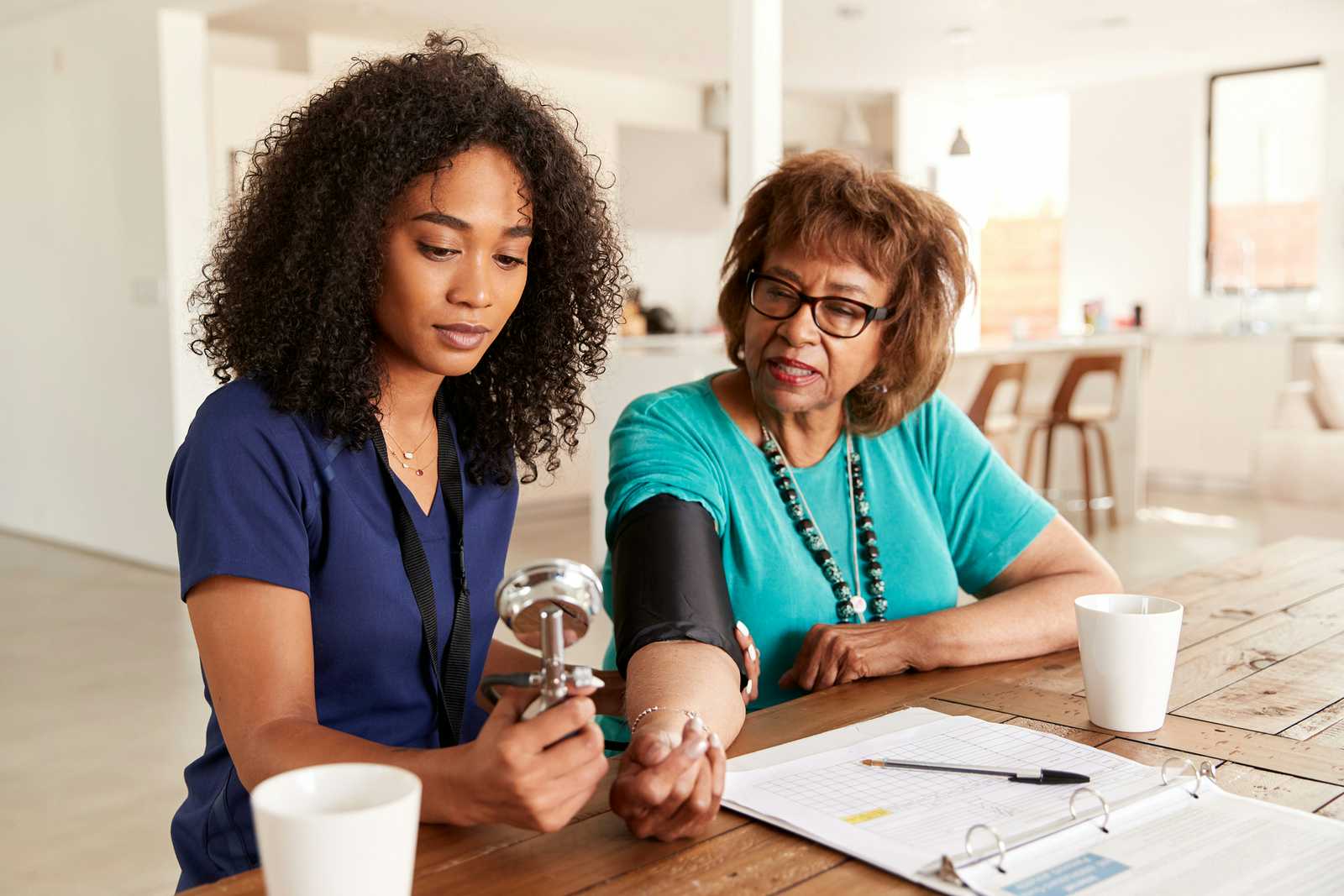
Elevated blood pressure is a risk factor for heart attacks, strokes and kidney disease. Guidelines from the American Heart Association encourage aggressive antihypertensive treatment, even for older adults. Based on the SPRINT trial, people with hypertension are supposed to get their blood pressure below 130/80 at least, if not lower. Many individuals need more than one blood pressure medication to achieve this goal.
Who May Need Intensive Blood Pressure Medication?
Although older people frequently have elevated blood pressure and may need multiple medications to lower it, they may also be vulnerable to harm from such aggressive treatment. Researchers analyzed the outcomes of Veterans Health Administration patients over the age of 65 (JAMA Internal Medicine, online, Aug. 19, 2019). More than 4,000 of these people were hospitalized between 2011 and 2013 for noncardiac conditions.
Those who were discharged with higher-dose or additional blood pressure medication were judged to have received intensified treatment. Doctors may have been trying to prevent heart attacks and strokes in the future. Unfortunately, however, those discharged with more intensive blood pressure medication were more likely to be readmitted or to suffer serious adverse events.
The authors write in JAMA Internal Medicine that intensification of antihypertensive medications when people are discharged from the hospital
“is associated with short-term harms without long-term benefits and should generally be avoided in older adults hospitalized for noncardiac conditions.”
What Are the Short-Term Harms?
Intensive blood pressure treatment may be very appropriate in crisis situations such as a stroke or threatened stroke. On the other hand, previous research suggests that blood pressure medication may do more harm than good for low-risk patients with mild hypertension (JAMA Internal Medicine, Dec. 2018). Such individuals may experience dizzying low blood pressure or even fainting, electrolyte abnormalities and acute kidney injury. Significantly, this study did not distinguish between older and younger patients. However, older patients may be more likely to suffer serious side effects.
Citations
- Anderson TS et al, "Clinical outcomes after intensifying antihypertensive medication regimens among older adults at hospital discharge." JAMA Internal Medicine, online, Aug. 19, 2019. doi:10.1001/jamainternmed.2019.3007
- sheppard JP et al, "Benefits and harms of antihypertensive treatment in low-risk patients with mild hypertension." JAMA Internal Medicine, Dec. 2018. doi:10.1001/jamainternmed.2018.4684

